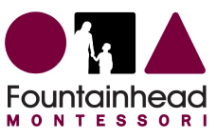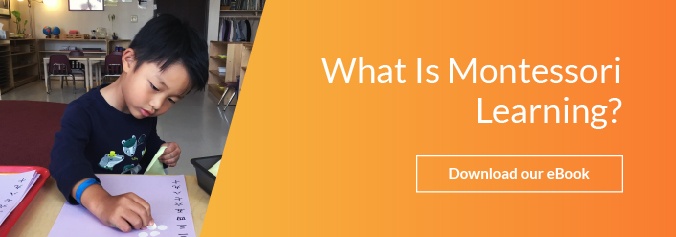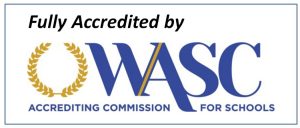You don’t have to look far to see all kinds of things labeled as “Montessori.” The truth, however, is that many people do not truly understand the guiding principles that make up the Montessori philosophy. Montessori is more than beautiful materials and works on shelves. Each material is purposeful and has a defined intention for use in the classroom. If you plan to send your child to a Montessori school, here is everything you need to know about Montessori education.
Individualized Instruction
In a Montessori classroom, each student works through the lessons at their own pace. Teachers provide lessons one-on-one to students as they master the skills necessary to move forward. Once given a lesson, the child can spend days or months practicing the lesson until the teacher sees they are ready to move on. This is called “following the child” since the child, rather than the curriculum schedule, sets the pace of learning.
Freedom within Limits
One of the most unique aspects of a Montessori education is the emphasis on independence. This is a widely misunderstood principle as many people believe that Montessori means children can do whatever they want. The reality is that a Montessori teacher sets strict expectations for the classroom culture. Students are expected to set up their work areas, clean up after themselves, treat everyone with respect and be responsible for their own learning. Within these limits, children have freedom to choose which lessons they want to spend their time on. During the work period, children can work on any lesson they’ve been given, eat a snack, use the restroom or take a break. As long as they are operating within the classroom expectations, students have a great deal of freedom to choose their activities.
In addition to these guiding principles, there are some terms you should know before enrolling your child in a Montessori school:
- Prepared Environment - The teacher has a duty in a Montessori classroom to provide a complete environment for the child to successfully accomplish their educational goals. This is called the prepared environment.
- Peace Education - A Montessori education focuses a great deal on peace. Dr. Montessori believed that children should learn to live at peace with themselves, which would lead to a more peaceful world. Finding peace with classmates and seeking peace in the world is a common topic in a Montessori education.
- Mixed-Age Classes - Montessori classrooms include children within the same plane of development. This means that children remain in a class for 3-4 years with children older and younger than them during that time.
- Grace & Courtesy - Montessori teaches explicit lessons on how to get along with others and operate within the world.
- Sensitive Periods - Montessori used the term “sensitive periods” when children are ripe for certain lessons and instruction. For example, a student may be highly interested in numbers and counting. A teacher will recognize that they are in the sensitive period for math and capitalize by providing more opportunities for math lessons.
- Learning Through Movement - Materials in a Montessori classroom are created for students to use their hands to engage their learning.
As you can see, Montessori is much more than the snapshots you find on the internet. The more parents know about Montessori education, the better equipped they will be to support their child’s learning when attending a Montessori school today. If you would like more information, Fountainhead Montessori is ready to provide a quality education for you and your child.












Let us know what you think about this post
Put your Comment Below: